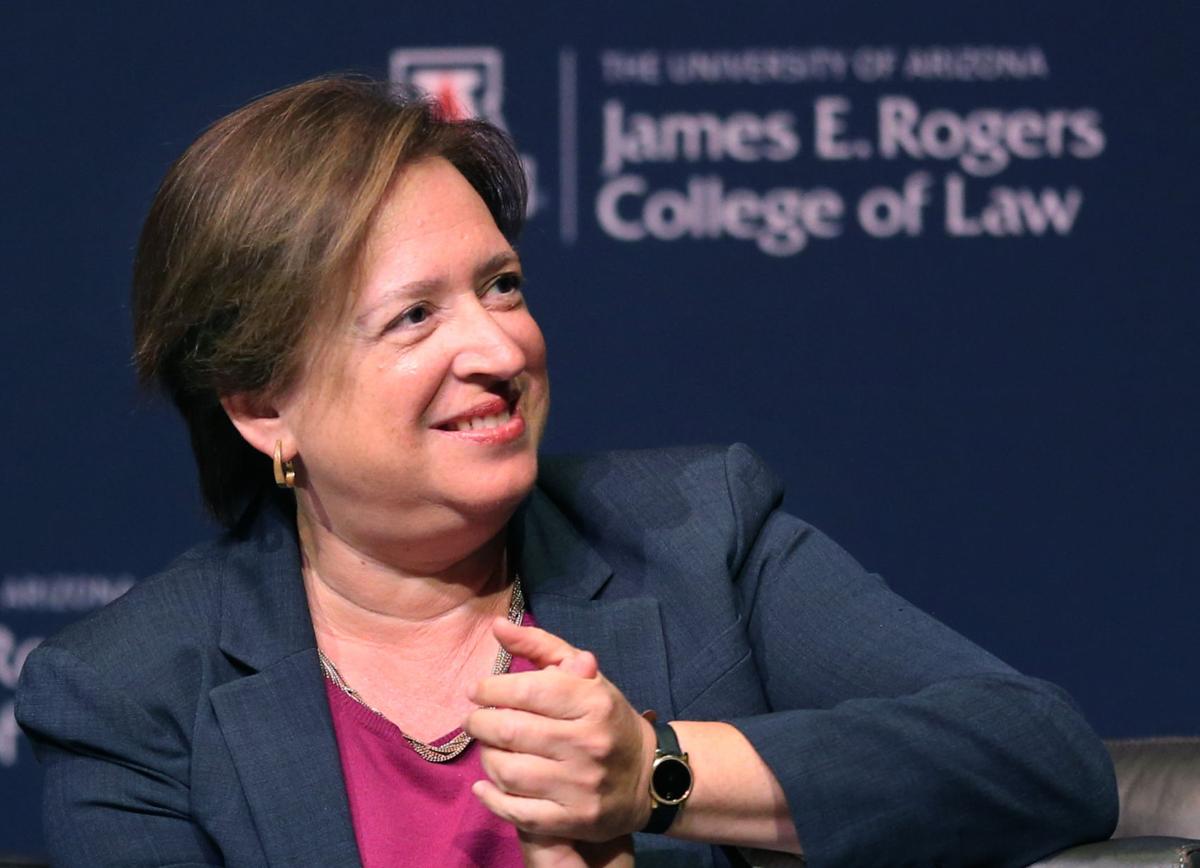PHOENIX — The U.S. Supreme Court on Tuesday threw out a federal judge’s decision to award $2.7 million to a Tucson couple for the misconduct of attorneys for a tire company they sued.
Justice Elena Kagan did not dispute the finding by U.S. District Court Judge Roslyn Silver that the lawyers for Goodyear Tire and Rubber Co. had hidden from the couple’s attorney critical information about the safety of one of its tires. And Kagan said Silver was correct in concluding that had the information been disclosed as required, the case might have settled sooner.
But Kagan, writing for the unanimous high court, said the ability of Silver to financially punish the company and its lawyers is limited to the damages caused by that misconduct. And she said there is no evidence that what Goodyear did — or in this case did not do — resulted in that much of a financial loss.
Tuesday’s ruling does not end the matter but instead sends the case back to Silver to reconsider.
The decision has implications beyond the Tucson couple, setting clear standards for when federal judges can punish defendants for hiding evidence. The issue was so critical that even the National Association of Manufacturers, whose members also could find themselves facing similar sanctions, submitted its own legal arguments on behalf of Goodyear.
The case involves a Tucson couple driving through New Mexico in 2003 in their motor home.
While on a freeway, one of the tires allegedly failed, causing the vehicle to go over an embankment and flip over, causing serious injury to driver Leroy Haeger, his wife and their daughter-in-law.
In filing suit against Goodyear, attorney David Kurtz alleged the tire was defective and repeatedly demanded all the information the company had on testing of the G159 model of tire.
After Goodyear attorneys provided all of what they said the company had, Kurtz and his clients agreed to an out-of-court settlement — the amount was not disclosed — after the first day of trial. That came in 2010, five years after the lawsuit was filed.
It was only later that Kurtz, reading about another lawsuit against Goodyear, learned that the company had some results from an internal heat test it never provided to him.
Those results, he said, backed his argument about why the tire failed. In fact, the plaintiffs in that other case got a $5.6 million verdict against the company.
So Kurtz went back to court and argued that he would not have agreed to the settlement had the information been disclosed.
That failure clearly annoyed Silver.
“There is clear and convincing evidence that sanctions are required to be imposed,” she wrote, saying the attorneys and Goodyear made “repeated, deliberate decisions … to delay production of relevant information, make misleading and false in-court statements, and conceal relevant documents.”
Since the underlying case had been settled, that left Silver with only the option of ordering the company and its lawyers to pay the couple the $2.7 million she said they spent in legal fees and expenses in preparing for the trial, money she said they might not have had to spend if Goodyear had disclosed the test results and the case been settled earlier.
Kagan, in Tuesday’s ruling, said courts have “inherent power” to fashion “an appropriate sanction for conduct which abuses the judicial process.” But she said these “must be compensatory rather than punitive in nature.”
“That means, pretty much by definition, that the court can shift only those attorney’s fees incurred because of the misconduct at issue,” Kagan wrote. Anything else, she said, is punitive and illegal.





